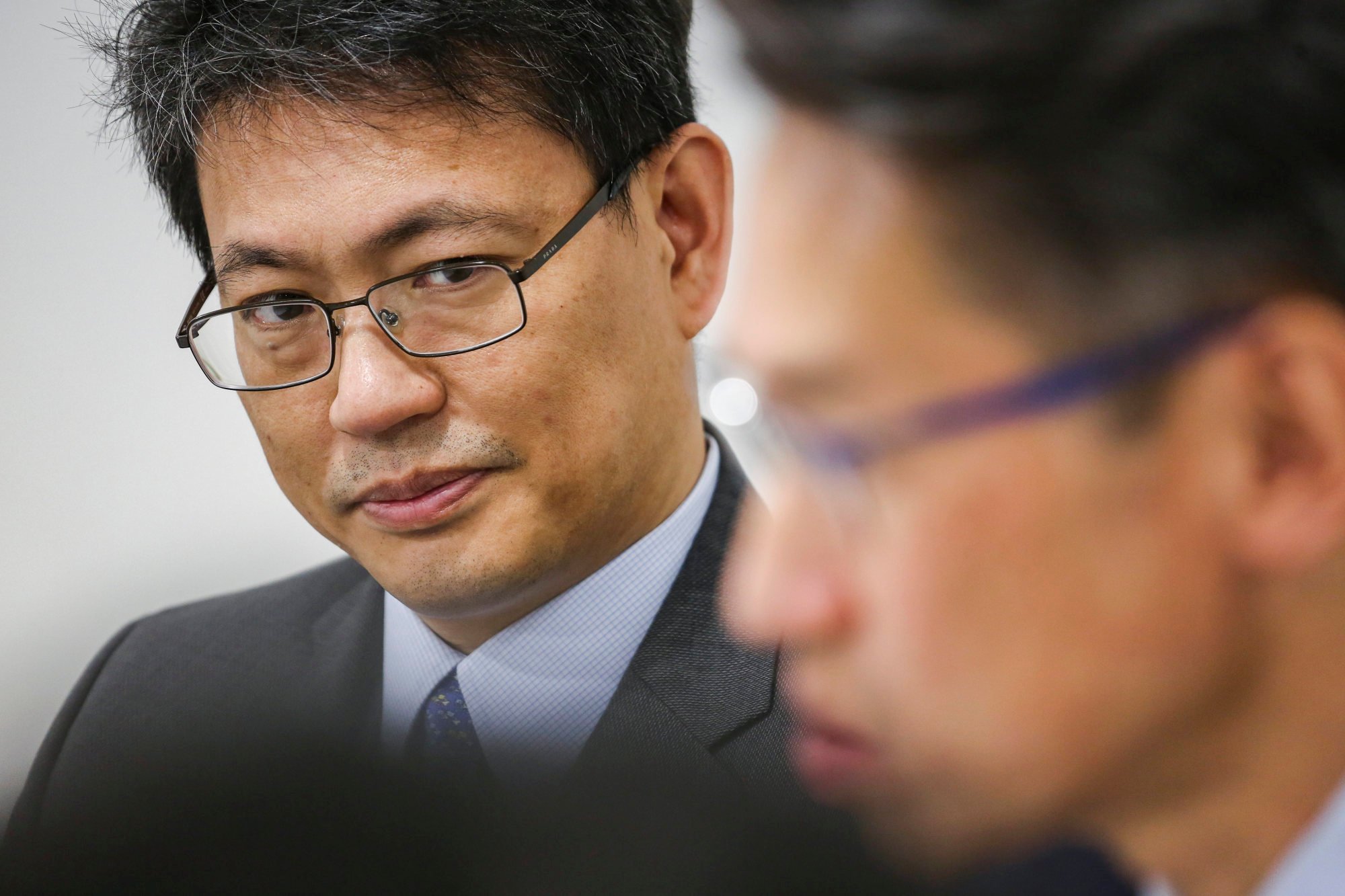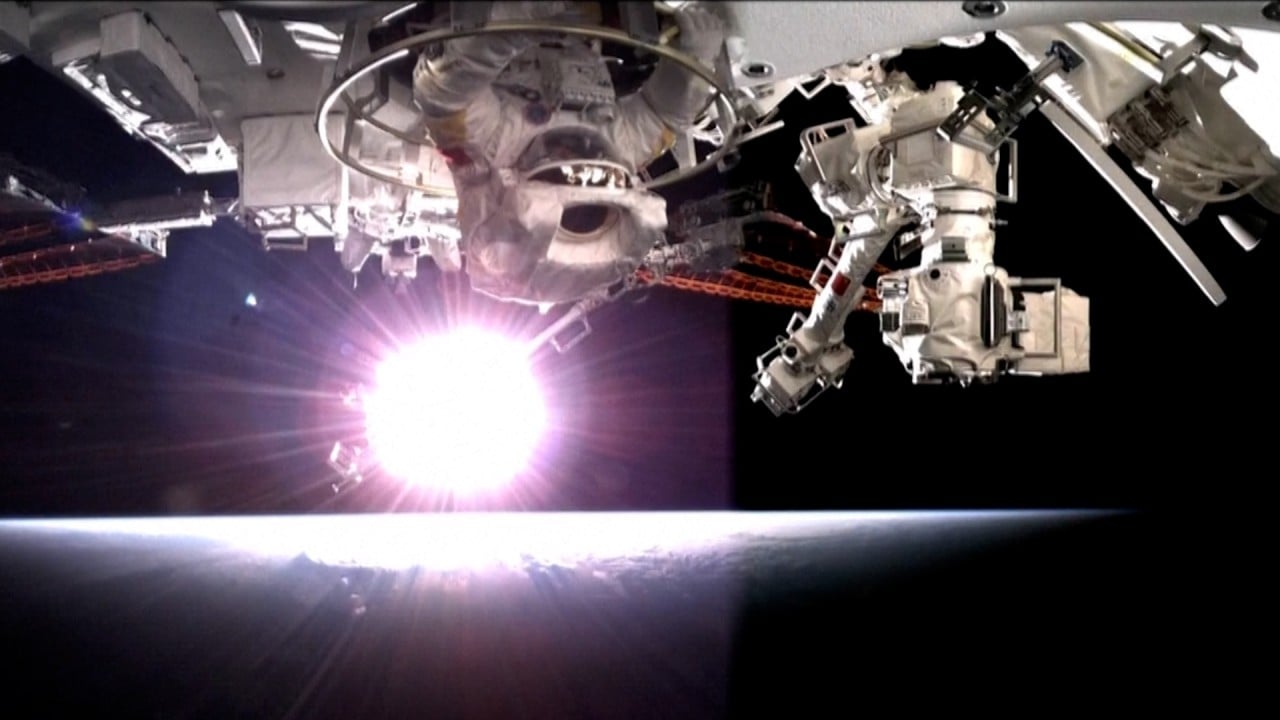
Hong Kong moonshot projects? Ambitious bids desirable but leadership needed to drive interest, investment, scientists say
- Experts chime in after Alibaba Cloud founder Wang Jian suggests city should tap into China space telescope to set up central research opportunity
- Government funding and private donations needed, they say, as well as the ability to sell such bids to top global talent
Ambitious scientific bids by Hong Kong could lure talent to the city but it would take leadership to drive interest and investment for such projects to take off, according to experts.

The telescope, also known as Xuntian, is set to be put into use next year and will boast a 2.5 billion-pixel camera that has a field of view 300 times greater than the Hubble Space Telescope, allowing scientists to map up to 40 per cent of the skies.
The China Manned Space Agency has set up four research centres across the nation in anticipation of the Xuntian launch. Four tertiary institutions from the city, including the University of Hong Kong (HKU) and Polytechnic University (PolyU), are involved in the Zhuhai-based centre established in 2019.

Quentin Parker, an HKU astrophysicist and director of its Laboratory for Space Research, said it would not be too late for Hong Kong to start its own hub.
“It would be fantastic if Hong Kong has its moonshot project. We do have the talent, we do have the reputation as a global tertiary education mini-superpower,” said Parker, adding that there were about 20 astrophysicists across the city’s institutions.
Making Wang’s vision a reality would require investment in the form of government funding or private-sector donations to direct the attention of university leadership to the field, he said, noting that medical science had attracted the bulk of such donations at HKU.

“What would be good to build belief would be for somebody, perhaps like Wang Jian, to put in a HK$10 million professorship for space science research at HKU. That would kickstart interest, brand and profile, and show that people care about this area,” Parker said.
An indication of support by the government for local astrophysics research would also be helpful, he added.“It is feasible. It depends on the will, it depends on the opportunity, it depends on the leadership.”
Hong Kong leader calls on technology and education sectors to cultivate talent
Professor Christopher Chao, vice-president for research and innovation at PolyU, agreed that Hong Kong’s best moonshot opportunity would be taking part in China’s astronomy projects.
Chao, who joined the Chief Executive’s Policy Unit Expert Group last month, said Hong Kong had also undertaken some major space projects, citing PolyU as an example. He said the university had been a part of a number of mainland large-scale projects such as moon exploration, sampling of rocks and soil from the moon and the nation’s first Mars mission.

“Moonshot could mean extremely large-scale projects, which are beyond the scope of the Earth or things beside us,” he said.
“We have already joined some of our country’s moon and Mars exploration missions. This can be the foundation to allow us to continue doing so. This can serve as Hong Kong’s moonshot projects.”
Chao said such bids could spark young people’s interest in technological development and scientific exploration, encouraging them to work in the relevant fields.
“Young people are interested in these astronomy programmes which foster national pride,” he said. “These programmes are simply the medium. At the end of the day, it will promote strong knowledge in science, engineering and relevant technologies.”
Hong Kong’s astronaut hopefuls prepare for screening as Chinese spacecraft launches
HKU’s Parker said while astrophysics was “never commercial”, its research had far-reaching benefits for commercial applications in the broader world.
“A tremendous amount of technology spinoffs have come out of astrophysics research because we’re pushing the boundaries of technology to … see further into the universe,” he argued.
Chao added that PolyU’s scientific creations for various space explorations could be put into everyday use.
“For example, for the moon exploration mission, we had to develop many advanced and precise devices that involve electronic and mechanical parts,” Chao said. “These parts can also be utilised in surveying places such as water conduits.”
Lawmaker Johnny Ng Kit-chong, who founded technology investment firm Goldford, said large-scale scientific initiatives would also boost Hong Kong’s appeal to top-tier talent.
“Talent will only come if the projects are challenging enough for them to feel fulfilled,” he said. “We have great professors in universities but they simply stay at the research level. We need large-scale technological projects to change this.”
In mainland China and the United States, he noted, many tech enterprises and professionals had emerged through mega projects, which played a crucial role in the technology ecosystem.
Ng called on the government to take more initiative in attracting investments in the tech industry.



